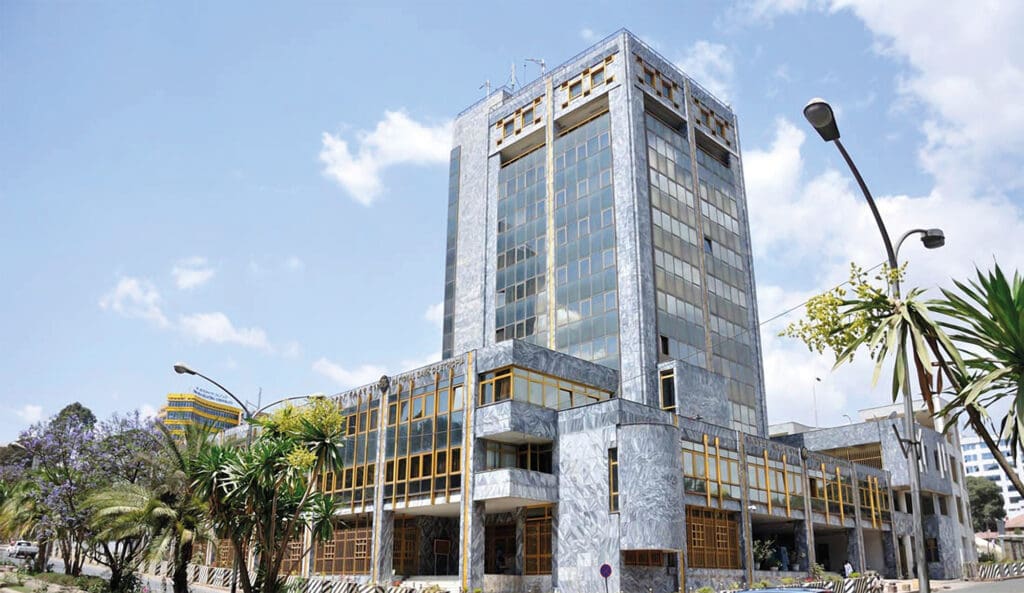
The Ethiopian government has announced a significant wage increase for lower-income government employees, set to take effect on September 11.
This move is part of a broader effort by the government to alleviate the economic pressures faced by its civil servants amid rising living costs and inflation.

Image Source: BBC NEWS
Prime Minister Abiy Ahmed’s administration has acknowledged the growing financial burden on government employees, particularly those in lower-income brackets.
The wage hike is seen as a response to public demand for better living conditions, especially in urban areas where inflation has hit the hardest.
The exact percentage of the salary increase has not been disclosed, but it is expected to be a substantial adjustment to help lower-income workers cope with the rising cost of necessities.
This wage increase comes at a time when Ethiopia is facing economic challenges, including currency depreciation, high inflation rates, and recovery efforts following internal conflicts. Despite these obstacles, the government appears committed to improving the livelihoods of its public sector workforce.
Economic analysts have noted that while the wage increase is a positive step, it must be supported by broader economic reforms to address inflation and stabilize the cost of living.
Without such measures, the benefits of the wage hike could be quickly eroded by continued price increases in essential goods and services.
Public reaction to the wage increase has been largely positive, with many lower-income government employees expressing relief.
However, some have voiced concerns that the hike may not be enough to offset the steep rise in living expenses.
As Ethiopia celebrates its new year on September 11, this wage increase is expected to be a much-needed boost for government employees who have long been calling for fair compensation.
The government hopes that this initiative will not only improve workers’ livelihoods but also contribute to broader economic stability in the country.

GIPHY App Key not set. Please check settings